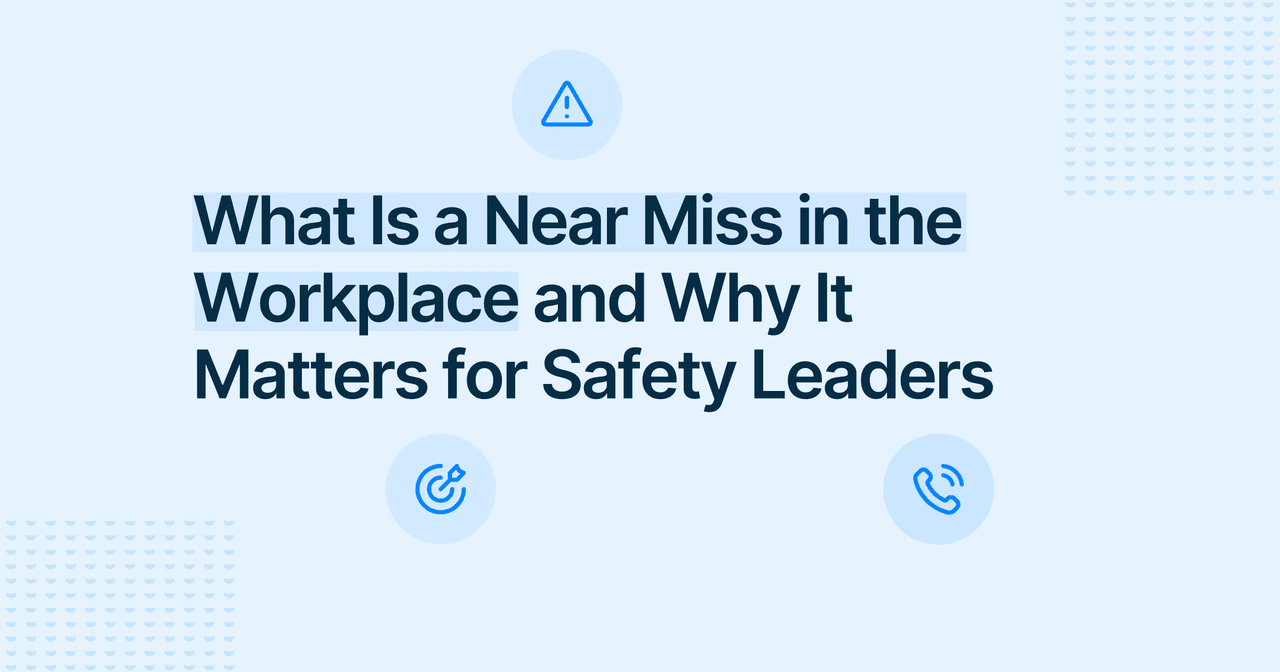



Modern Compliance Platform
Centralized whistleblowing and investigations in one secure platform.
Legal & Compliance

Yeva Bartkiv
Copywriter
Published
2025-05-20
Reading time
6 min


Table of contents
Subscribe to our newsletter
In today's fast-paced and digitally interconnected world, multinational companies are under immense pressure to uphold ethical business practices while maintaining regulatory compliance across borders. Chief Compliance Officers, HR Directors, Internal Audit Managers, and General Counsels must contend with a labyrinth of compliance regulations, specific mandates, and cultural variables that differ by jurisdiction. From GDPR in the EU to HIPAA in the U.S., navigating this global regulatory landscape is not just a legal necessity but a strategic imperative.

For organizations striving to align their business operations with international compliance standards, the stakes are high. Non-compliance can lead to severe financial penalties, reputational damage, and loss of stakeholder trust. Thankfully, corporate compliance programs that are proactive, tech-enabled, and culturally attuned can help mitigate compliance risks, support risk management, and enable ethical governance.
Global companies often face fragmented compliance programs, with country-specific protocols that lack integration. This patchwork approach hampers visibility and slows issue resolution. The regulatory landscape includes not only the Sarbanes-Oxley Act (SOX), HIPAA, and Dodd-Frank but also emerging mandates like the EU Whistleblower Directive, the California Consumer Privacy Act (CCPA), and the Payment Card Industry Data Security Standard (PCI DSS).
To address these regulatory compliance requirements efficiently, leading organizations are adopting centralized compliance management platforms that streamline workflows, unify case handling, and enable secure, anonymous whistleblowing channels.
FaceUp, for example, offers a single, multilingual platform that simplifies compliance hotline best practices and provides organizations with the tools needed to meet compliance requirements across jurisdictions. Its user-friendly interface, real-time analytics, and encrypted, anonymous communication features make it one of the top whistleblowing compliance solutions for enterprises.
One of the biggest challenges multinational companies face is cultivating a uniform corporate compliance culture across culturally diverse regions. Compliance officers must understand that attitudes toward authority, accountability, and whistleblowing vary significantly from one country to another.
To foster ethical standards universally, compliance programs should:
Anonymous whistleblowing is no longer optional in today’s regulatory environment. Compliance regulations like the EU Directive on Whistleblower Protection and SOX specifically mandate secure, anonymous, and easily accessible reporting channels.
Yet in many organizations, low usage of hotlines stems from a lack of trust or fear of retaliation. According to NAVEX Global, only 46% of employees are confident their reports will remain anonymous. This highlights the importance of investing in whistleblowing compliance solutions that prioritize privacy and employee empowerment.
A changing regulatory landscape brings both challenges and opportunities. Strong compliance frameworks, rooted in consistent culture and supported by tools like whistleblowing systems, allow multinationals to stay focused and compliant. After years shaping ISO standards like 37002 and 37301, we’re proud to help organisations build trust and resilience through smarter, integrated governance.
Andrew Samuels, CEO, WislPort Compliance
FaceUp offers more than just a reporting portal. It enables employees to submit complaints in over 100 languages, attach files or evidence, and track case progress while remaining fully anonymous. These capabilities are essential for regulatory compliance, especially when meeting the specific requirements of HIPAA, CCPA, and the General Data Protection Regulation (GDPR).
Moreover, the platform supports industries like healthcare, financial services, and education where data privacy, record-keeping, and industry standards are critical. By allowing internal teams to automate compliance tasks and integrate risk assessments into daily workflows, FaceUp helps reduce the burden on compliance officers.
Regulatory compliance isn’t just about avoiding fines. Early detection of unethical behavior and operational risks translates to tangible business value. For example:

Effective compliance programs align people, processes, and technologies to meet regulatory requirements and ethical goals. Based on global benchmarks and expert guidance, here are best practices for implementing whistleblower systems across cultures:
In heavily regulated sectors such as healthcare and financial services, compliance risks are magnified due to stricter laws around health information, financial reporting, and cybersecurity.
Today, compliance officers must also contend with rising cybersecurity threats and growing emphasis on data privacy. Data breaches not only disrupt business processes but often lead to compliance violations, especially under GDPR, HIPAA, and CCPA.

FaceUp’s platform supports cybersecurity and data privacy goals by offering:
With regulatory bodies tightening enforcement and new compliance standards emerging regularly, staying ahead requires agility and foresight. Here’s how multinationals can prepare:
In a world of increasing regulatory scrutiny and shifting ethical expectations, building a resilient, compliant organization is not a checkbox activity - it's a competitive advantage. Corporate compliance programs must go beyond avoiding non-compliance. They must foster trust, support employees, and reinforce strong corporate values.
FaceUp empowers multinational organizations to meet global regulatory compliance requirements, improve whistleblower engagement, and streamline compliance management. Whether you're in healthcare, financial services, or another regulated industry, it provides a reliable, scalable solution to safeguard your brand and your people.




Centralized whistleblowing and investigations in one secure platform.
Keep Reading

Marie Roland2026-03-057 min
Legal & Compliance

Alaa El-Shaarawi2026-03-044 min
Legal & Compliance

Alaa El-Shaarawi2026-03-044 min
Legal & Compliance

Alaa El-Shaarawi2026-03-038 min
Whistleblowing